George was well known for his various witty quips, bons mots, oft-repeated sayings and kernels of profound musical wisdom.
Former conducting students, orchestral musicians and librarians may even still have comments attributed to “GH” marked in their scores, orchestral parts and notebooks.
We present here a selection compiled between 1998 and 2012, but we welcome any others that visitors to this website may be able to provide!
Symphonic structure and phrasing:
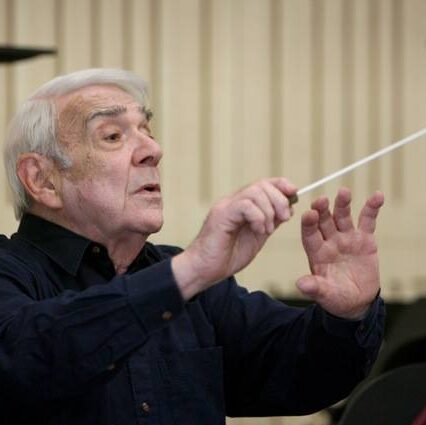
‘Progression or structure in music must be organic. One theme or idea should grow out of another – a discipline from the inside.’
‘One of the most destructive things in music is the barline – maybe that’s why Brahms did away with it!’
‘You have to hear the composer thinking.’ (at the start of an exposition or development)
‘I don’t know about guys your age, but once a night is enough for me!’ (on the climax of a movement)
Style:
‘A “pretty” string sound has infected the world.’
‘You can’t find written justification for a tradition of thought.’
“People talk about a style of playing Mozart, or a style of playing Beethoven. There’s a style of playing music and you’d be amazed how much music it applies to.”
“People think that before Schubert composers had neither lungs nor testicles’.
“Beethoven didn’t invent testicles”.
“Why do you play a forte cadence piano? – do you think Mozart was afraid to finish things?”
‘You don’t get more sound if the bow hardly touches the string! (On re-bowing Brahms)
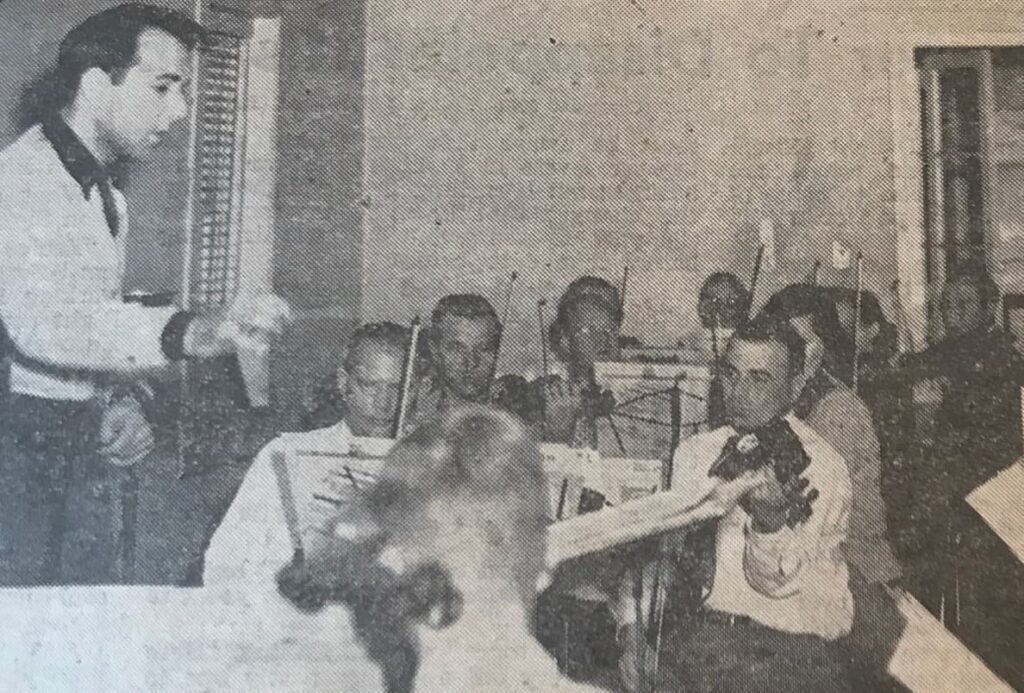
Dynamics:
‘Without dynamics you have a musical corpse”.
“Dynamics are not there merely to be heard – they are there to be felt.”
“Pianissimo is not just a bit softer than piano – it should be another world.”
Length of notes:
‘Too long would be unfortunate – too short would be a disaster!’
‘Take care of the little notes and the final notes – they’re often swallowed.’
Looking at and learning the score:
“Don’t look at it– let it look at you”.
Tempo rubato:
‘Not losing time, but using time.’
Balance:
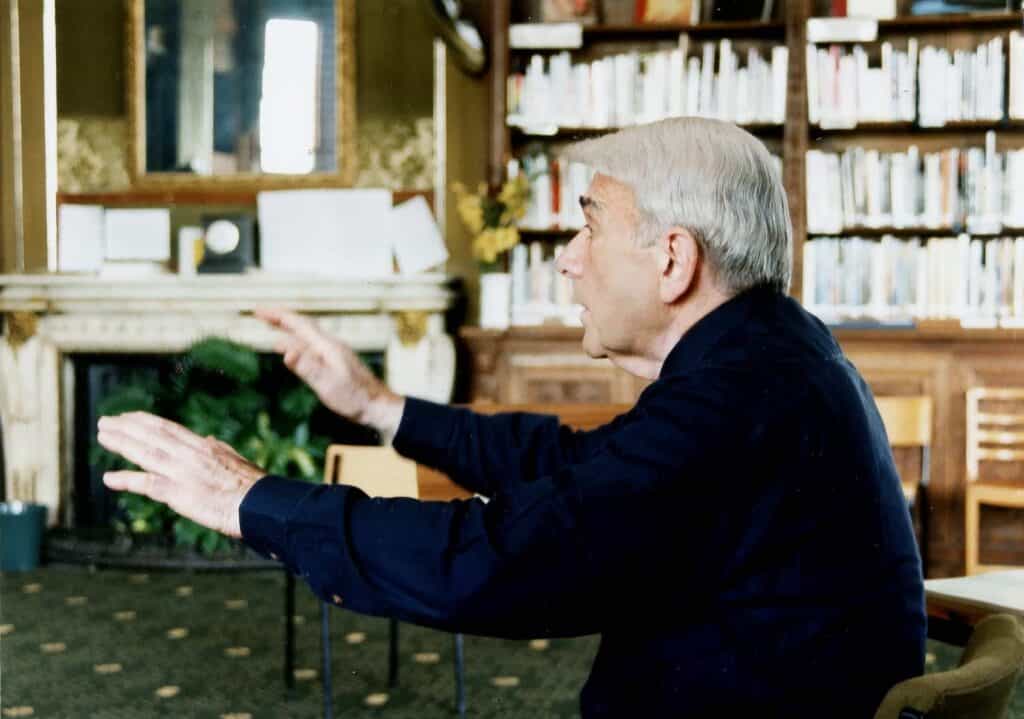
‘There is never an excuse for not hearing the quartet.’ (i.e. the strings – applies specifically to classical repertoire, but with more general application too).
‘In rehearsal, make it a policy to get rid of the noise first of all.’
To the wind section in a forte passage: “There’s no need to shout.”
‘The musical line, or melos, should always be heard.’ (via Richard Wagner)
The meaning of “dolce” – in the classical sense, usually the opposite of espressivo
‘Private, intimate… not for the public.’
‘Shostakovich also uses dolce in the classical sense – how can you be expressive in the middle of Siberia?’
Comments when teaching:
‘When you conduct the music must come out of your clothes!’
‘One must, to some extent, look like the music.’
“The conductor should identify with the playing.”
On asking a student to do something and receiving the reply “I’ll try” – ‘Don’t try – just do it!’
‘I can imitate you guys – it’s a shame you can’t imitate me!’
‘Musicians are too quick to reach for their pencils – there is too much bloody marking around. If something is worth remembering you’ll remember it!’
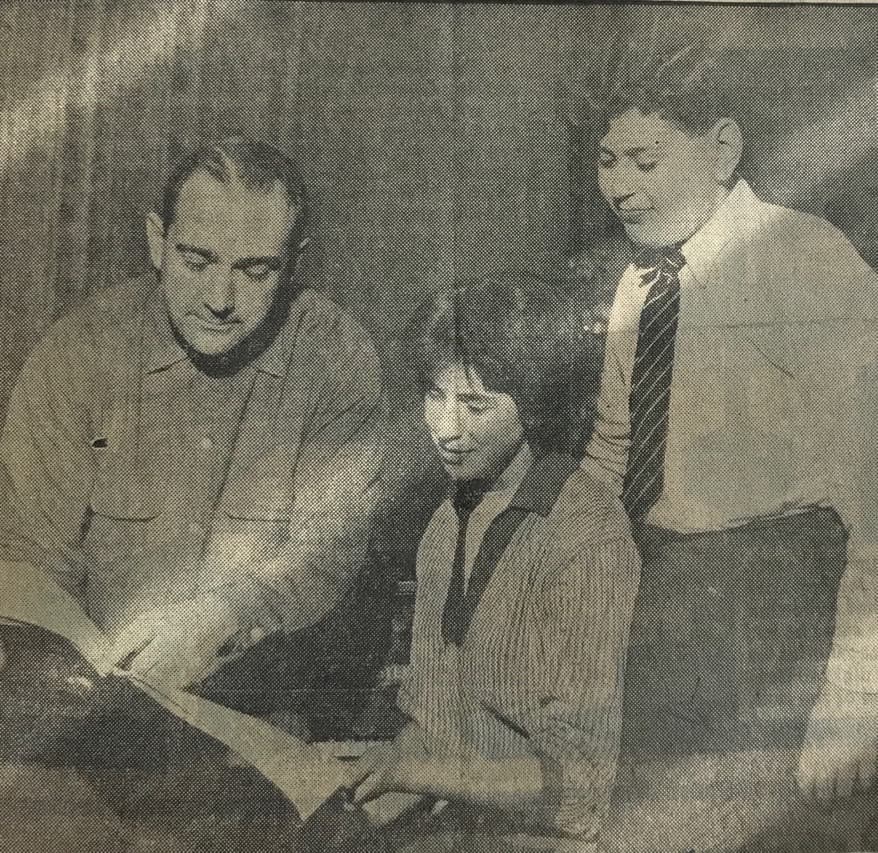
‘It’s not about being able to remember; it’s about not being able to forget!’
‘You get no credit for just liking music – I have a cat that likes music!’
‘Expressing in public how much you like the music is not conducting – the milkman and the postman like music! The conductor must provide the environment for others to play in and show their equal enthusiasm.”
‘Never give the musicians an excuse to allow you to make a speech.’
‘A conductor must be more flexible than his players.’
“Orchestral musicians are the quickest people on the planet – the conductor has to be at least as quick”.
‘You have to be a bit of a bastard sometimes – I have no problems with that!’
‘Are you still speaking to me? Yes? Well that’s odd, because nobody else is!’
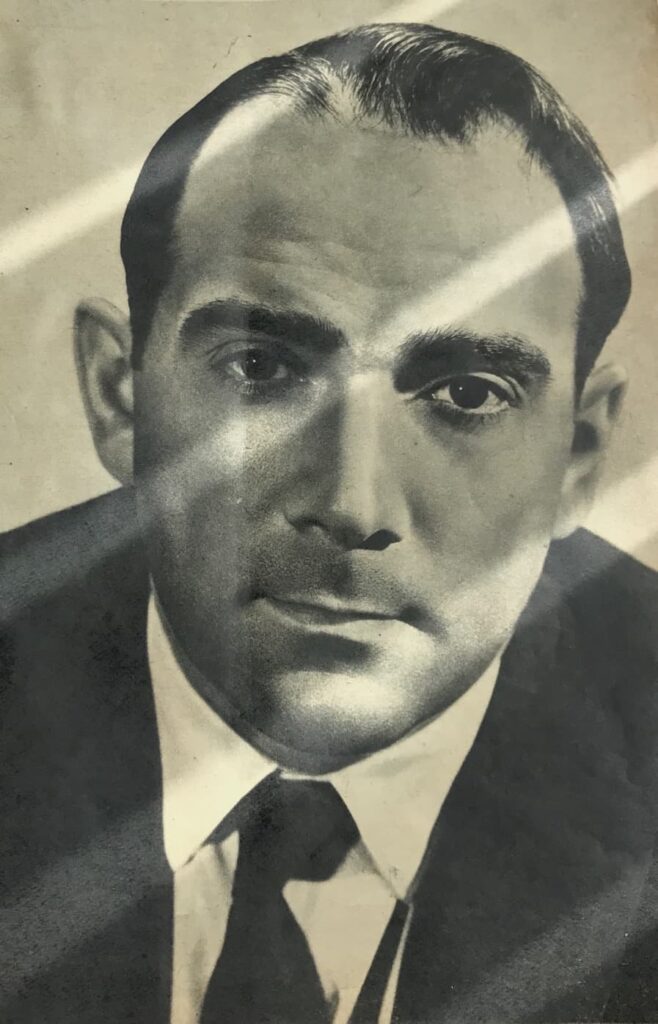
‘It is a good thing for conductors to be nervous. It can’t be cured, only coped with through such a complete identification with the music that one forgets oneself.’
‘You won’t fear the future so much if you invent.’
‘There should be a certain reality in all conducting – this keeps the players alive.’
“There’s only one thing worse than the sound of music at 10.00 in the morning, and that’s the sound of the conductor’s voice.”
‘One of the great thrills in conducting is to feel entirely superfluous!’
‘It makes no difference what the orchestra is – your kiddies, or amateurs or students or even the ‘Lower Slobovian Philharmonic’ – you’ll still encounter these problems!
‘So many people, and a great many conductors, think they’ll learn if they just get experience – it’s not good enough alone: never mind ‘get experience’… Have an experience! It’s the only way to learn because it changes you. You’re not the same person any more.’
‘The great danger is that you might learn something!’
‘If I want your opinion, I’ll give it to you!’
‘We conductors are nothing but performing seals – trained, if lucky!’
‘The less you do, the more you hear.’
‘You might not ask them to play a phrase like that – but you’d allow it!’
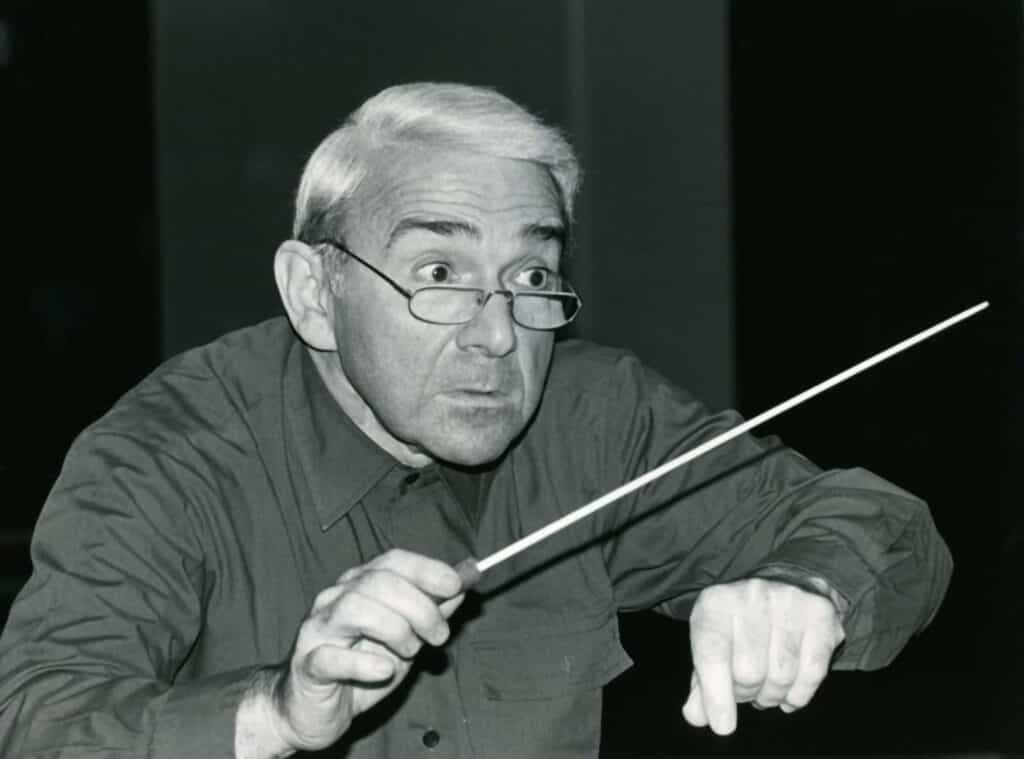
‘One has to learn to conduct oneself first.’
“There’s nothing worse than nothing – don’t be afraid to go too far in the attempt to get at the meaning of the music.” (often in reference to rubato)
“What’s right for the music will be right for the playing.”
‘What is your instrument? Piano? Right; and do you have a musical instrument?’
‘The Russians are fond of heavy footwear… you played the end with slippers!’
‘When the orchestra is at its busiest, the conductor should be at his quietest.’
‘There seems to be such a difference these days between a conductor’s world and a musician’s world…’
Accompanying:
‘If you follow, you are by definition behind – you must be with.”
‘I have played the Dvorak concerto with nearly everyone – Tortelier, Rostropovich… and they won’t be told!’
Conducting technique:
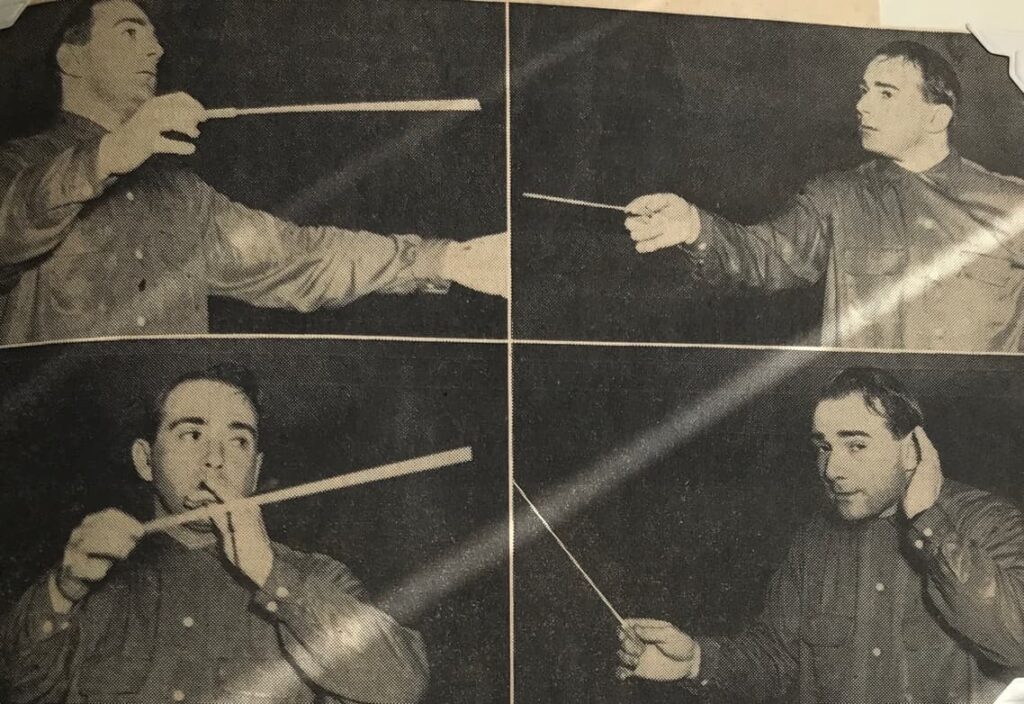
“There’s a big difference between conducting holding a baton and conducting using a baton.”
‘Conduct with the baton, not just holding it – it’s an instrument too!’
‘A conductor isn’t paid per hand!’ (on ‘mirroring’ in conducting, or overuse of the left hand’)
‘Sound has weight – it must be picked up, transferred and allowed to die.’
“A player cannot divine a conductor’s intention through facial expression alone.”
‘The purpose of any gesture is to cause something – if you don’t cause something when on the rostrum there’s no point in your being there.”
‘Beating should not contaminate the music.’
“The point of a technique is that it should be transferable. Once absorbed, it can be adapted to any style.”
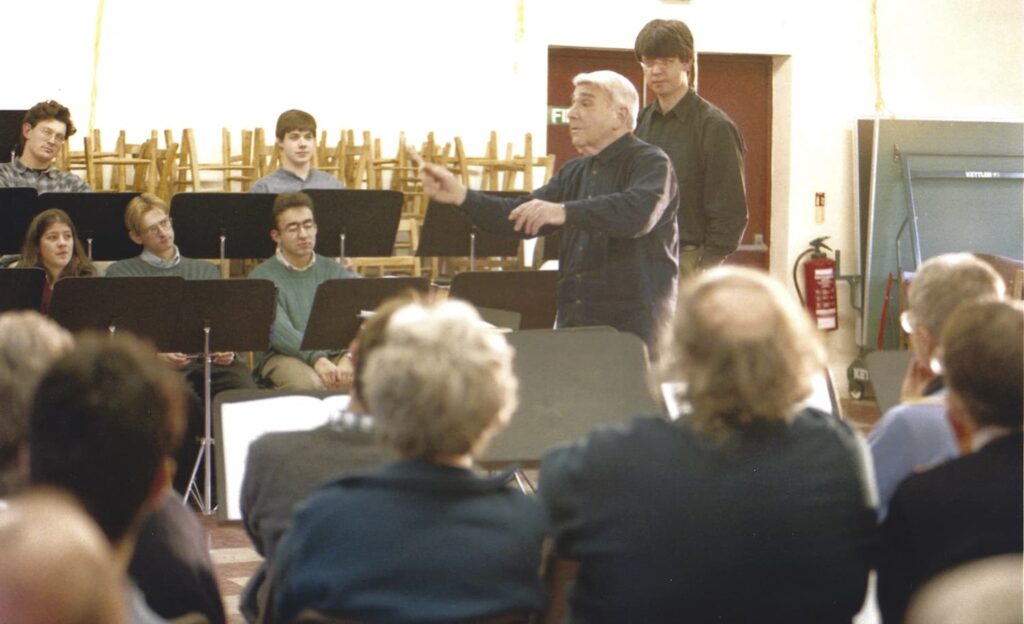
On “time-beating”:
‘Metronomes are much cheaper than conductors… also much better!’
“Conducting is not beating time but sometimes has to include beating time.”
“The thing that bores players more than anything else is beating.”
“This is one place in the music where you have to beat the time real good!”
On the position of the conductor’s rostrum:
“Always make sure the conductor doesn’t get in the way of the quartet.” (i.e. between the leader and first cello)
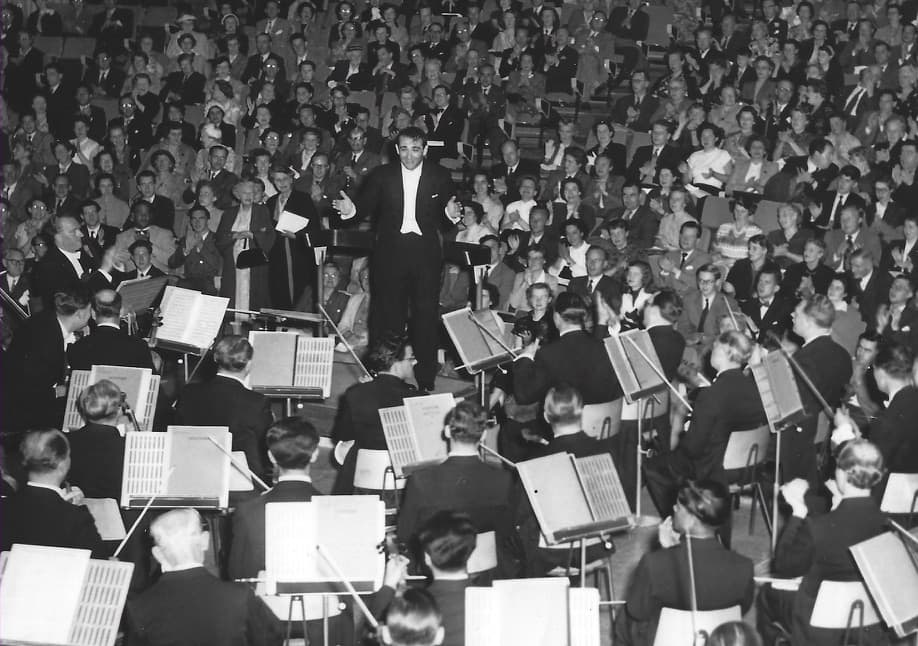
On performing:
“Remember that all the great masters were first and foremost performing musicians.”
‘You can imagine the master sitting at his piano, saying, before a particular passage – just listen to this! “
‘Nothing is so legato that you can afford to lose a sense of pulse.’
‘Sometimes you have to give all of yourself to one note!’
‘By the time we arrive here in the music we should feel we’ve been somewhere.’
On tempi:
Too slow: ‘There is a certain tempo at which the notes connect, go beyond this, and the result is incomprehensible. The music will sound slower at the correct tempo.’
Too fast: “Music sounds faster if you can hear all the notes”.
‘No tempo should be so slow that the shape of the phrase cannot be perceived’
Composers:
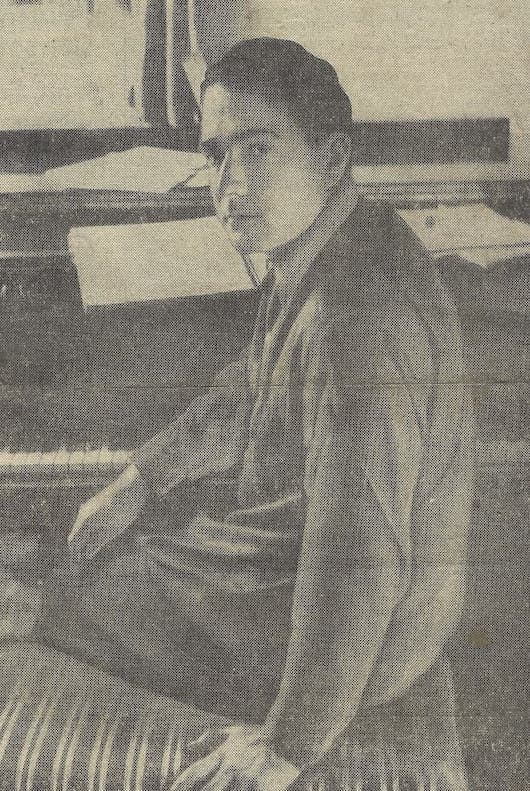
‘You know, there was a sort of carnival atmosphere at these public executions, then suddenly, the cart turns into the ‘Place de la Concord’ and there’s the guillotine!’ (on “March to the Scaffold” from Symphonie Fantastique of Berlioz)
‘Tchaikovsky needs, in a sense, less rubato than Beethoven.’
‘Beethoven never wrote a sentimental note in his life!’
‘The world would be a much better place if there were more Dvoraks.’
‘Just compare the love music from Tristan and Berlioz Romeo and Juliet… one takes, the other gives.’
‘In Dvorak, accents usually mean give more length.’
On Dvorak again: ‘I can’t stand this sentimental playing. I mean, he came from a country overrun by goblins, for goodness’ sake!’
‘Remember that this funny animal (the faun) was not castrated!’ (on Debussy’s L’apres-midi d’un Faun)
‘Oh, just the symphony Schubert never finished… he died of syphilis, for God’s sake!’ (on the “Unfinished”)
Pierre Monteux’s comment on receiving an honorary doctorate:
‘Music must be very sick to have so many doctors!’
